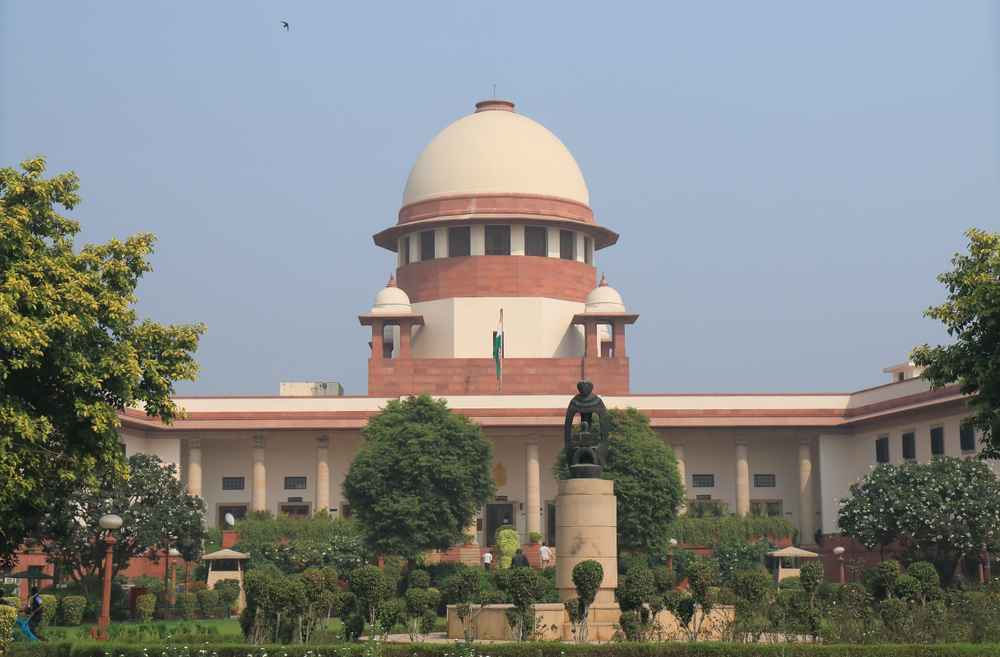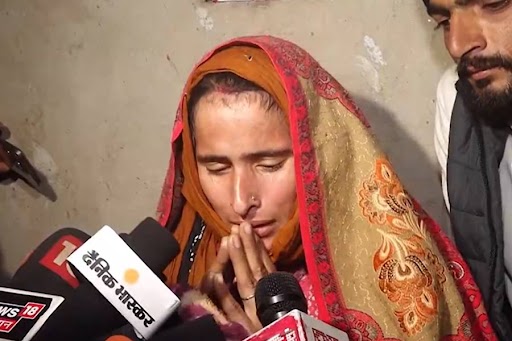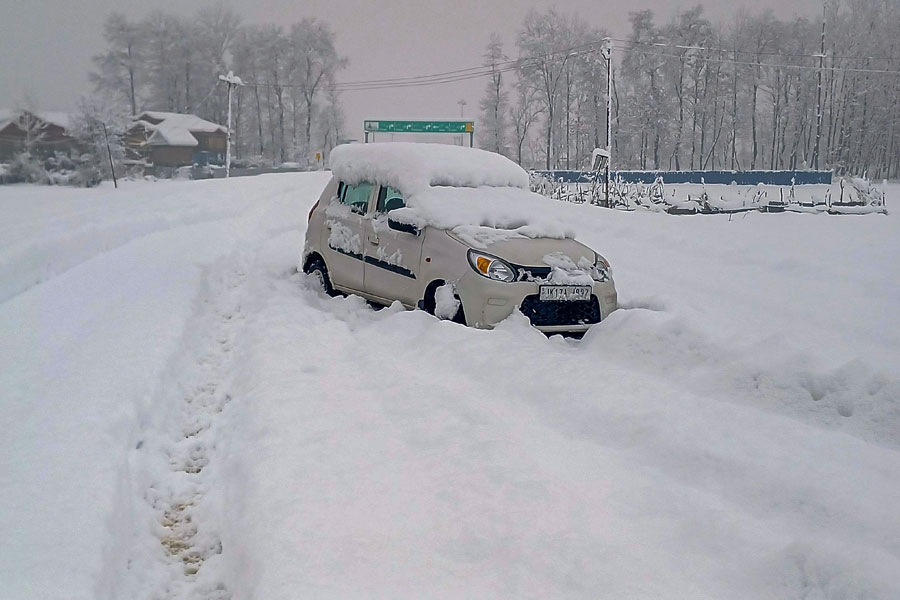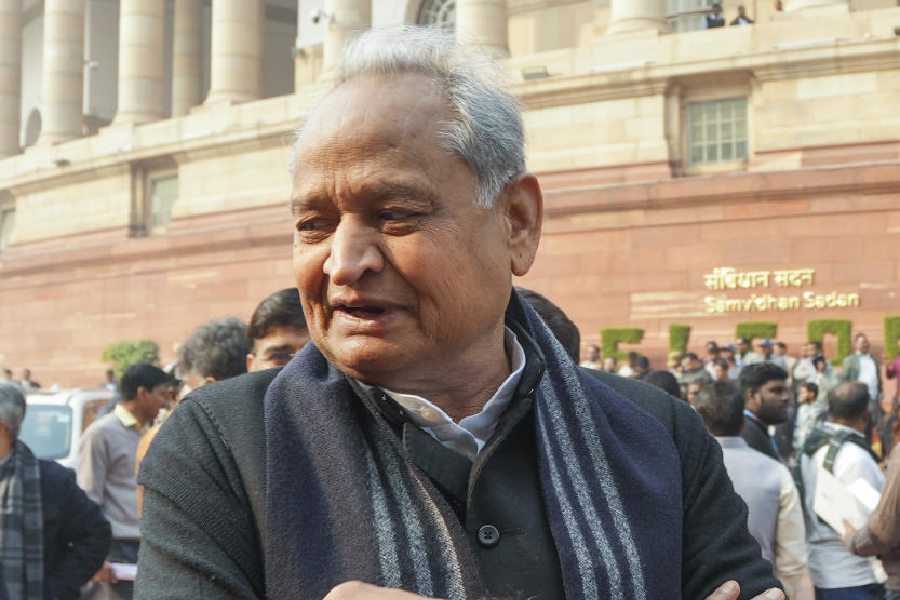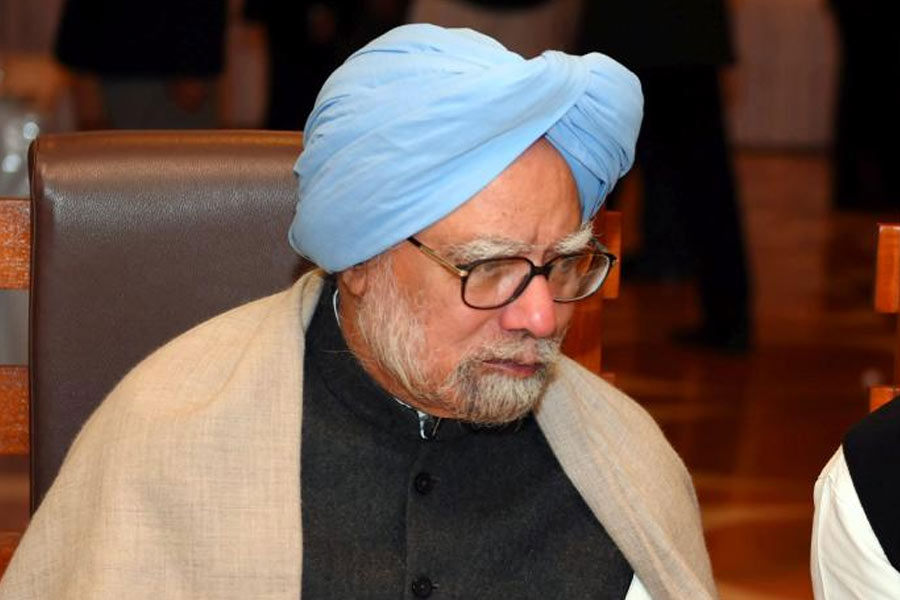It is not justice alone that people in India expect from courts, but also the restoration of dignity and rights. The Supreme Court has taken suo motu cognizance of the situation of stranded migrant workers, just as 19 high courts have been either addressing the workers’ problems suo motu or hearing pleas on the subject brought by activists and lawyers. The high courts have questioned the state governments concerned about the workers’ travel arrangements and fare, systems of testing for Covid-19 infection, quarantine, contact tracing and so on. Because of the unprecedented circumstances, the appropriate arrangements for migrant workers are inextricable from the management of the infection. The high courts are thus ensuring that the rights to life, movement, food and health of a huge segment of citizens are protected. So it is startling to find that the solicitor-general of India, Tushar Mehta, claiming in the Supreme Court that some high courts are running “a parallel government”. Parallel to what? The remark undermines by suggestion the democratic order that underlies the arrangement of law courts in the country. Instead, it seems to propose a centralized power structure that goes against the federal distribution of rights and duties envisaged in the Constitution.
Mr Mehta, of course, represents the Centre and expresses the views of the Union government. That is why his comment is alarming. The Centre may have a different point of view on a particular issue. In March, for example, the Allahabad High Court, and then the Kerala High Court, had ordered the respective state governments not to take coercive action against people so that they did not have to come to court during lockdown. Responding to the Union government’s argument that this would encourage citizens to delay lawful payments and taxes, the Supreme Court imposed an ex parte stay on both orders. Whatever the realities on the ground in Uttar Pradesh and Kerala, this followed procedure. But other events are not so easily understood. The composition of the two-judge bench in Gujarat High Court, which was sharply critical of the state government’s management of the epidemic, was unexpectedly changed and gentler comments followed. Perhaps people’s bewilderment and alarm might be somewhat ameliorated if remarks such as those made by Mr Mehta are clearly shown to be contrary to the structure and spirit of democracy.

